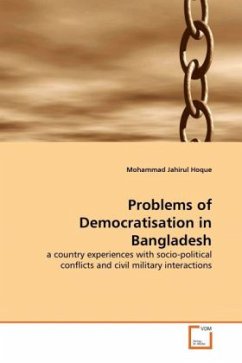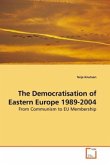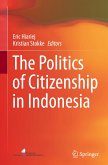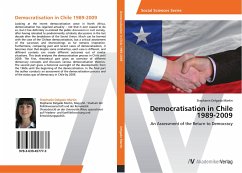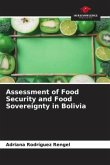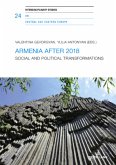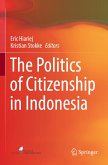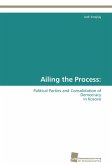Bangladesh has been struggling to institute democracy since independence. During that time Bangladesh experienced different forms of socio-political conflicts, violent politics, civil disorders and civil military interactions. In the early independence period, democracy had been flawed with violent rivalry, civil disorder, fringe activities and blood spilling strife. In 1975, 1982 and 2007 Bangladesh experienced wave of violent events such as socio-political conflicts and political turmoil that led to undemocratic regimes. However, from 1991 to 2006 democracy and its values prevailed in Bangladesh but it was not fully practiced. Meanwhile, parliamentary boycotts, hartals, extortion and state repression were institutionalised instead of instituting democracy. Through the ninth parliament election of 2008 democracy was restored again, unfortunately the current situation is worse than ever. In fact, conflict is the ultimate cause for democratic failure in Bangladesh where no ideological issues caused the conflicts, but all political parties to retain state power. To prevent from further deterioration of the situation, good governance, rule of law and political reform are needed.

